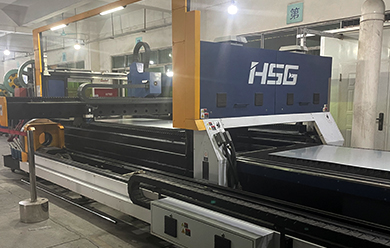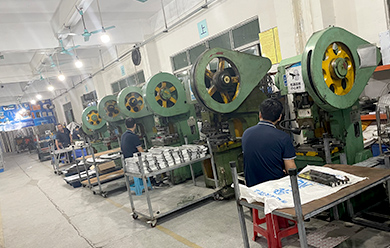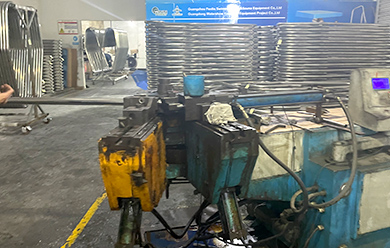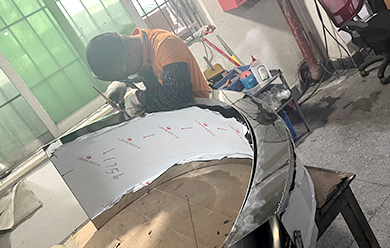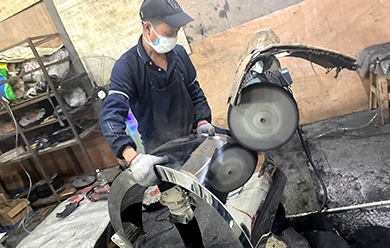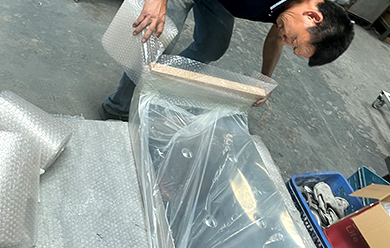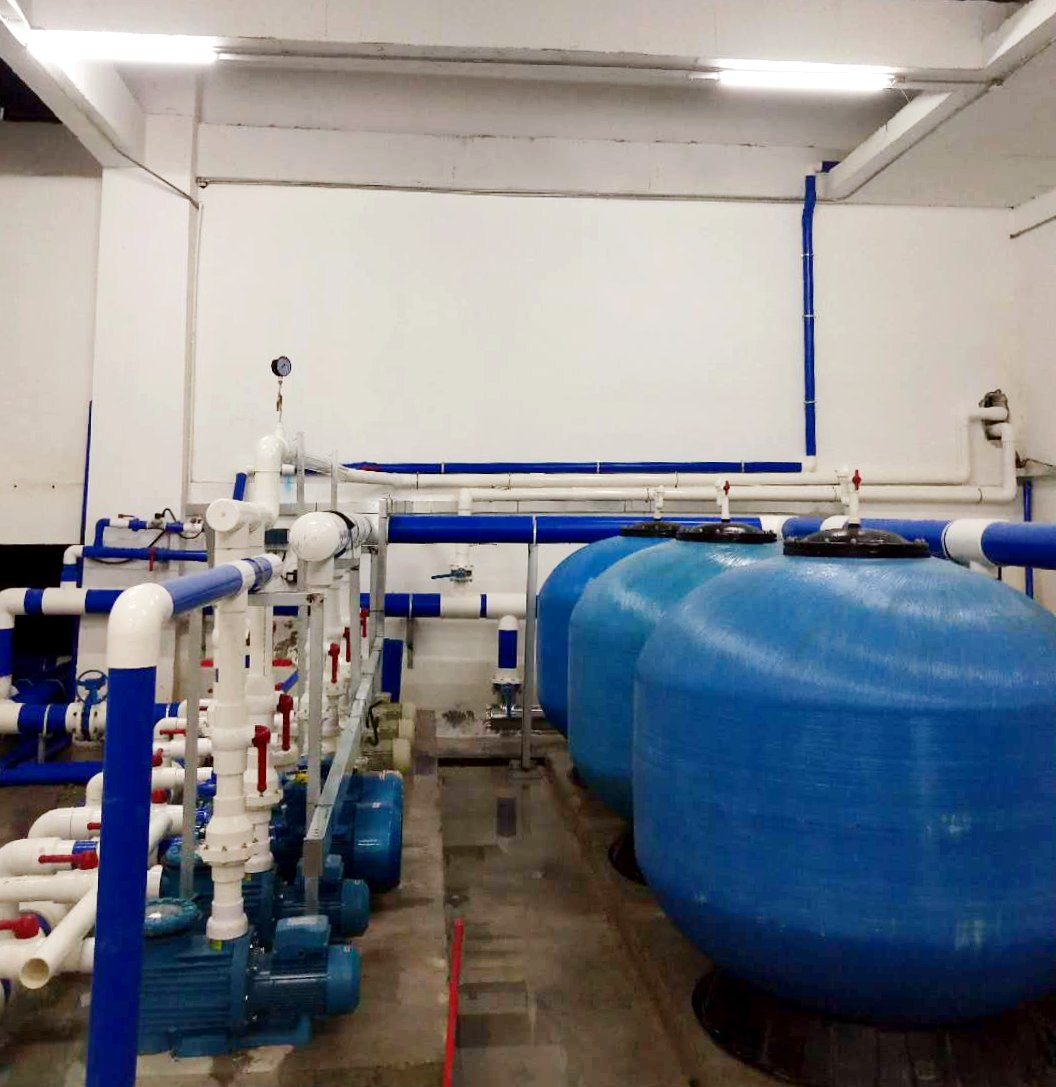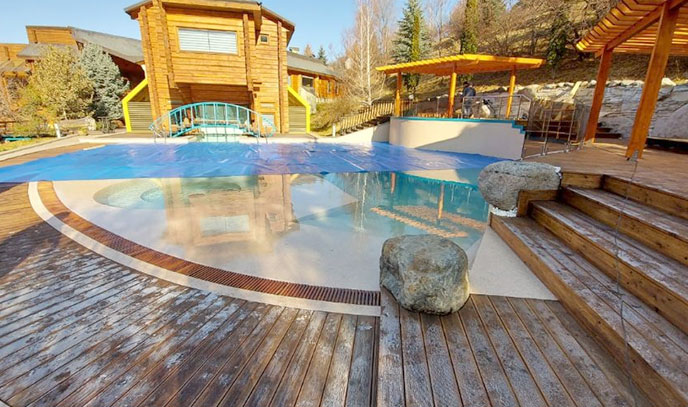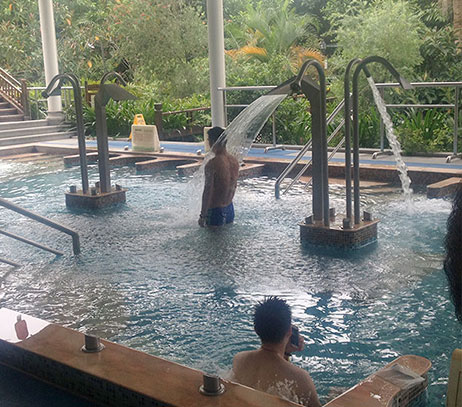About Fenlin
Guangzhou Fenlin Swimming Pool & Sauna Equipment Co., Ltd, established in 2004, professional in producing and selling sauna equipments, swimming pool equipments, SPA equipments and fountain equipments.etc.Striving in creating, quality and service for these years, we have possessed our own brand, in the meantime, have developed our foreign market of around one hundred countries as well as developed a sales network covers most of the eastern big cities at home. Goods:We manufacture equipments and accessories of our brands. We also have got the representative authorization of some famous brand in these regions.Products can be divided into sauna series, steam series, swimming pool series and outdoor fountain series. Our brands: FANLAN:registered on December 21st, 2005 FANLAN: registered on November 28th, 2005 SAWO: registered on June 21st, 2006FINNFORST: registered on April 14th, 2007 Factory: The factory is located in Baiyun district of Guangzhou, established in 2004 and now occupying an area of about 10000 square meters, more than 50 workers and three production lines. Under the systematically management and strict quality control, we have earned good reputation among the industry.We provide clients with services as product sourcing, design and engineering, OEM manufacturing, quality control, shipment inspection. Our Advantages Brand History Brand Advantage Brand Value Brand Qualification Founded in 2004, Fenlin has 19 years of manufacturing experience in the production of swimming pool & sauna equipments. Our factory is located in Jianggao Town, Baiyun District, GZ, China. It covers an area of 10,000 square meters and has 3 professional factory. Fenlin focuses on sauna equipments&swimming pool equipments manufacturing. Fenlin introduces foreign advanced machinery. Our products are exported to many countries. Fenlin has been advertised on many mainstream social media in foreign countries, hoping that its swimming pool equipments & sauna equipments can go global! And it hopes to become an excellent brand of our products. Fenlin offers the best quality and service to every customer. China's Top 10 Swimming Pool Equipments Brand; China's Top 10 Sauna Equipments Brand; China's Top 10 Spa Equipments Brand; Our Certificates Our Team



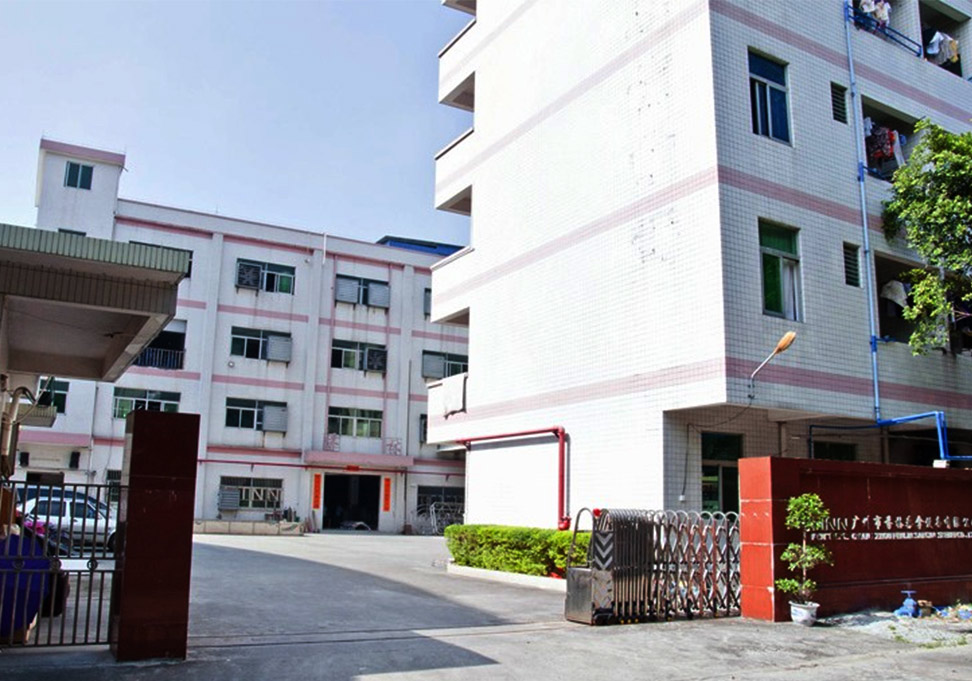
.jpg)
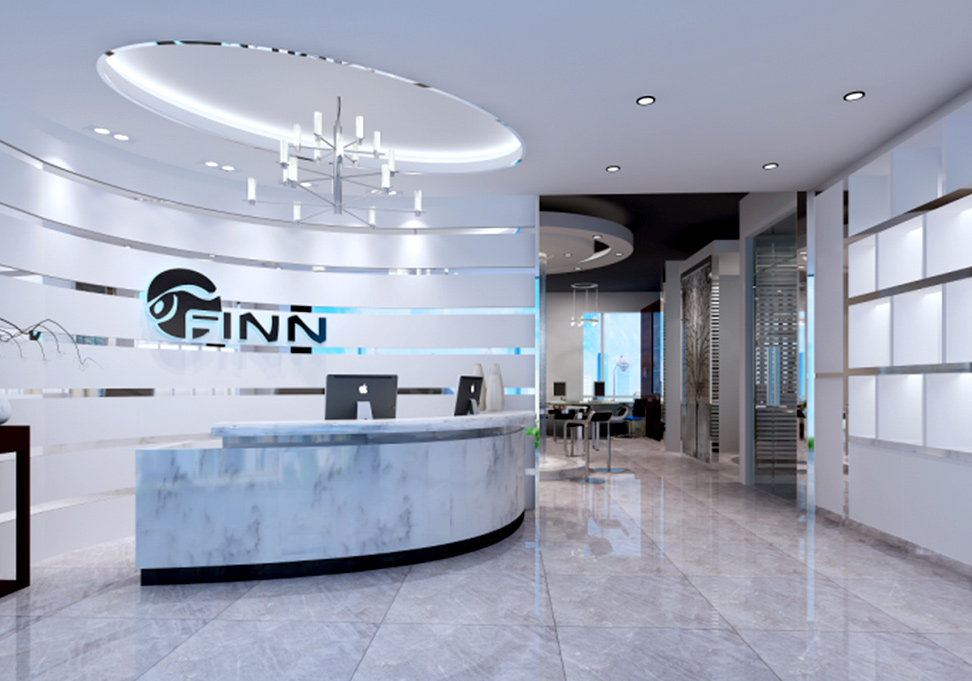
.jpg)





























